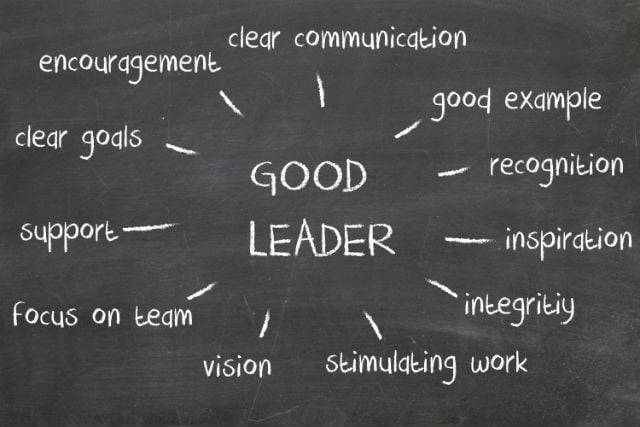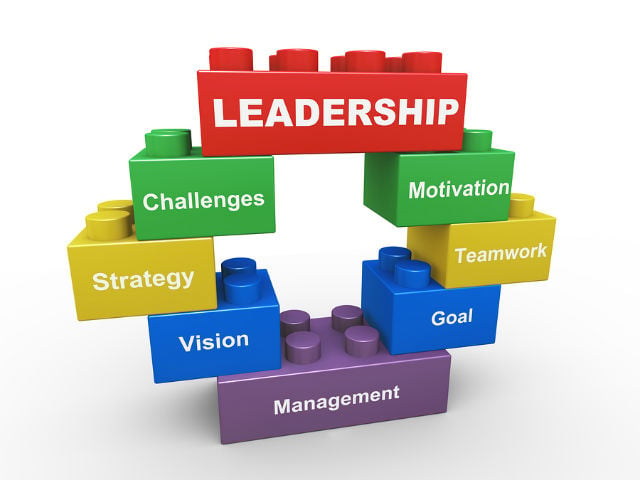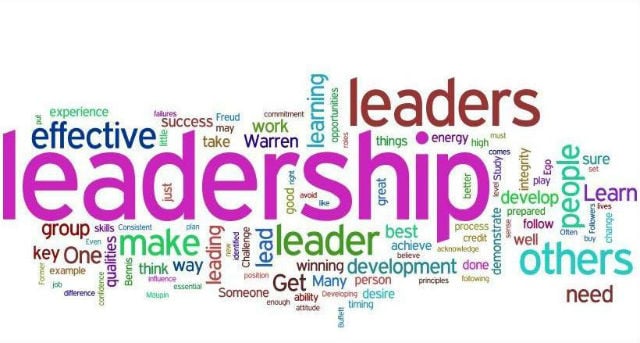You’ve seen them. Effectively directing the flow of a group activity. All eyes eagerly upon them for guidance and inspiration as they speak or move or…heck, just stand there. Something about their energy is magnetic. So much so, people feel compelled to follow. And this is in preschool.
Some people were born leaders. It’s a fact. No one taught that two-year-old to be the ambassador of the crayons. And yet she takes it upon herself to be just that. Divvying out the amounts she deems appropriate to her fellow toddlers. The good leader will be fair. The bad leader will give the broken ones to the boy who keeps crying for his mother.
Today’s focus is on the good leader, the benefits and how anyone can be one, whether naturally appointed or not. Solid leadership has far reaching effects for both the leader and everyone they come in contact with. Good leaders are essential to the success of most everything as they not only make for productive and loyal employees, but they also contribute to happy households, healthy friendship circles and enhance truly any social human experience from the PTA to the President.
The truth is this. People who always manage to be in charge in whatever situation do possess some distinctive inherent leadership qualities. And while not everyone may have been born with the scepter to rule the masses, these known characteristics of a leader are available to anyone with the desire to learn.
Confidence Not Conceit
Leaders, real leaders, don’t think they can do it. They know they can. People who tend to make their way to the top have little to no self-doubt. They are confident in their ability, believe they have something to offer and generally feel they can do a better job than the next guy. This is the healthy confidence a leader possesses.
Leadership is a position of power, however, so there is always a danger of it going to one’s head. This could be the difference between a good and not so great leader. A good leader knows they are not perfect, which is part and parcel to their other good leadership characteristics. In the workplace, you can bet employees notice confidence levels when they must answer to someone on a daily basis. If a leader doesn’t exude it, he surely will begin to lose his loyal following. On the flip side, a leader with an overly-inflated ego and an inability to admit fault could encourage harbored resentment and even eventual mutiny.
If you’re looking to learn how to become a better leader, this is perhaps going to be the most important thing you need to keep in mind.
Know Your People/Know Yourself
No, not just their names and birth dates. Leaders, good leaders, understand who they are leading. What are they about, what are their skills, what are their strong points, what are their goals and needs? In a family, a father knows his kids and treats them as individuals, knowing instinctively how they best fit in and contribute to the family.
At work, people in leadership roles must pay attention to personalities and strengths and listen to people’s needs and goals. Then they can utilize them in a way that both the employees and the company wins. This also requires the leader take personal inventory to identify their own weaknesses and shortcomings and then draw on the strengths of others by the art of delegating. A good leader, with good leadership skills, knows how to delegate effectively like this, based on his understanding of himself and his people.
Communication is Key
Johnny tells Brandy she’s a great skateboarder but not to ride on the asphalt because she could fall since she isn’t that experienced. Brandy nods her head, bats her eyes (hee hee) and happily rides it somewhere else. Johnny, the leader of the group, communicated to his friend why she shouldn’t do something. Instead of getting annoyed, she appreciated it.
This is the demeanor of a good leader. Clear communication is essential. A good leader not only reprimands but gives positive, constructive feedback. Everyone needs to hear they did a good job on something. There is no better motivation to keep up the good work. Great leaders have this figured out. In addition, they should in turn encourage honest, non-consequential feedback from their employees. Leaders may have to train themselves to not get defensive and take it personally — to look at negative feedback as a way to not only self-improve but set an example of how to handle constructive criticism like a boss (no pun intended of course).
Take the Blame
As the leader, you’re running the ship. So when something goes wrong, blame yourself. Everyone is looking to you and there is power in taking responsibility. Such a display of accountability will speak volumes and set the perfect example for others to do the same should things go awry. It’s an excellent show of a leader’s trustworthiness and integrity. From there, solutions can be found and prevention can be put in place. Taking the blame. It’s very empowering.
Maintain a Sense of Humor
It’s just good form. Far too much can go wrong in life – in relationships, at home, at work. Without humor, people could be crying 24/7. But if those in charge can laugh about most things, what a relief for the rest of the crew. There is probably no better way for a leader to create a bond with those reporting to them than to maintain a sense of humor.
It dispels tensions, makes things comfortable and opens up lines of communication. It increases staff morale which of course increases productivity in the workplace. Plus, it’s just fun. And who doesn’t want to have fun? Leaders with senses of humor typically develop devout followings because even in the face of crisis, they can count on their leader to diffuse the situation with a good laugh.
When it comes to developing good leadership qualities, most people hardly focus on this quality. However, it’s certainly a very important one and hence something you must work on.
You Can Do It
Bottom line is anyone can be a leader. Just believe you can be without a doubt, understand your people, talk to them about what’s good and bad, teach them accountability by example and be willing to laugh it off if occasionally they (or you) screw up. Any questions?
Featured photo credit: Nurturing leadership in the outsourcing industry via wns.com















































